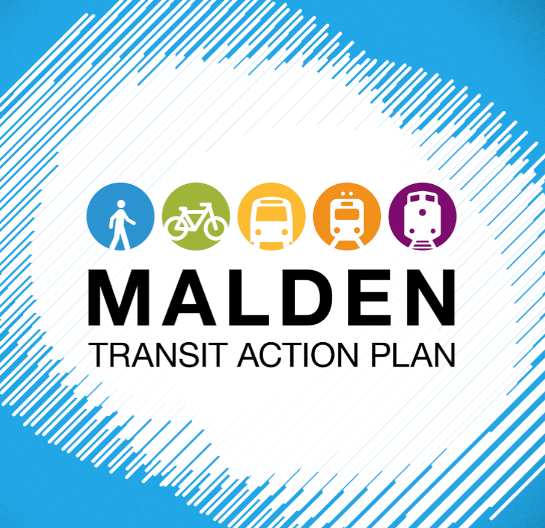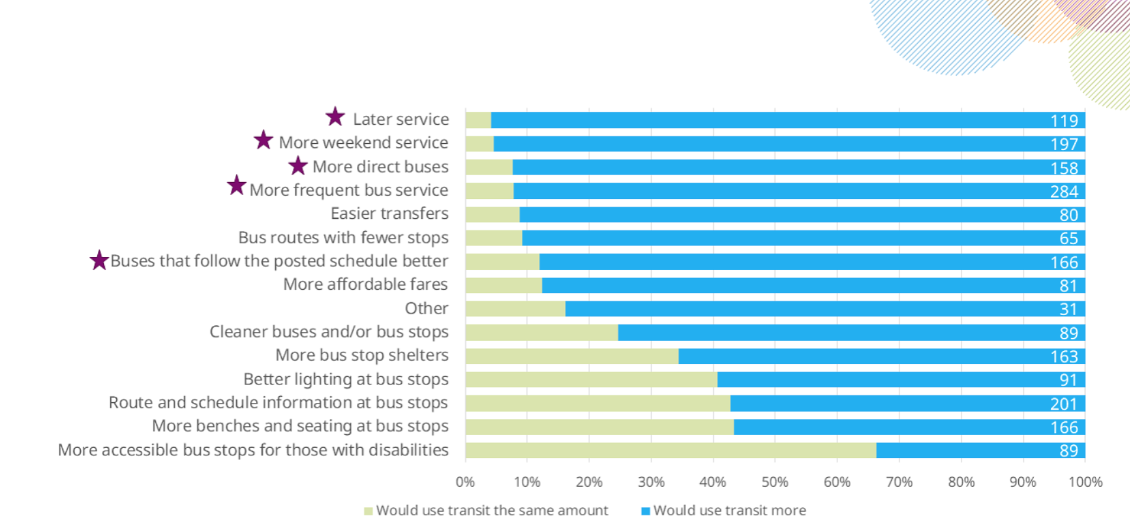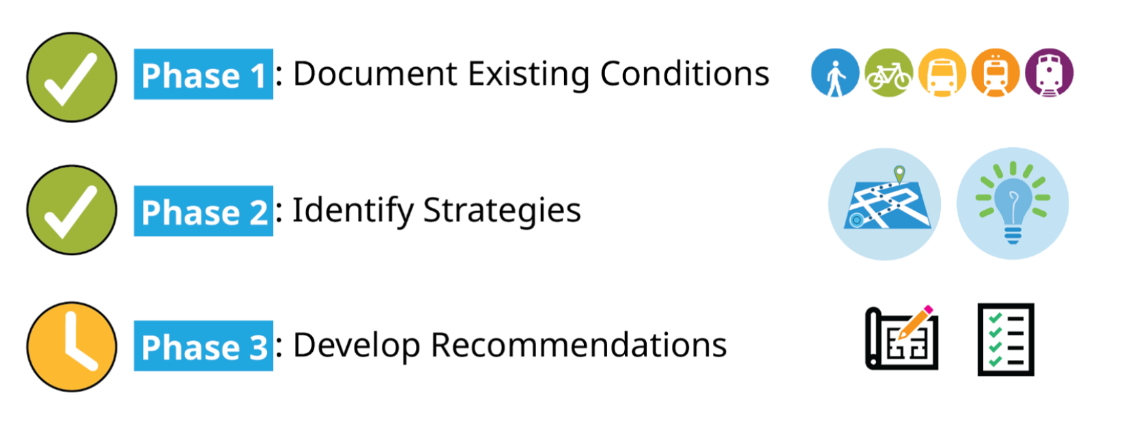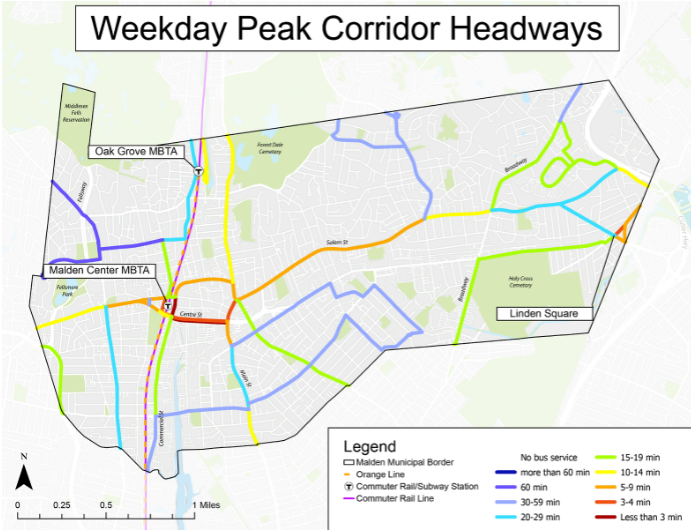
Recently, the Orange Line was shut down as it needed renovation in order for it to be safer for Massachusetts residents. Well, this is not the first time that Massachusetts’s transportation systems have failed citizens.
More specifically, here in Malden, residents who use the Massachusetts Bay Transportation Authority (MBTA) often complain about numerous issues with the buses and trains.

Issues for buses include lower service levels during mid-day, night, and on weekends; badly lit bus stops; bus stops without shelters; and unreliable bus schedules. Furthermore, issues for trains include being unreliable for parking, infrequent service past 6:30pm, and dirty trains.
So, Malden has come up with a plan to combat these issues. People like John Alessi, Malden’s Transportation Planner, have worked to design the Malden Transit Action Plan.
The purpose of the Transit Action Plan is to “determine how the City should prioritize investments in its multi-modal transportation network,” according to Alessi.
Alessi said that the plan has three phases, “1) existing conditions analysis, 2) identifying potential mobility strategies, 3) developing recommendations.”

The first phase of the plan has already been completed and data has been collected from Malden residents. To complete this task, they “launched a community survey about the project and received over 1,000 responses.”
Afterwards, they held a community meeting where residents were told about the survey’s analyses and could comment on it to provide further insight.
The analyses allowed the city to solidify their response to the MBTA’s proposal for bus network redesign. Then, they were ready for step two in the plan.
The second phase consisted of, as the name suggests, identifying mobility strategies. In other words, how they can improve the transportation system to encourage people to use transit.
Some strategies included repaving sidewalks for a clear path to bus stops, installing a larger scale bicycle locker to encourage bike connections to transit, and improving frequencies and spans on weekends.

This plan also explains the new addition of Bluebikes to the city. The city hopes that these bikes will serve as a way to connect residents to transit as well as recreation.
Now, the Transit Action Plan has finally reached its final phase where all the information collected will be implemented in hopes of serving the transit-dependent residents and increasing transit use as a whole.
Alessi stated that the Transit Action Plan “will actually be completed in Winter 2023 and the plan itself will be made available to the public to review.”




